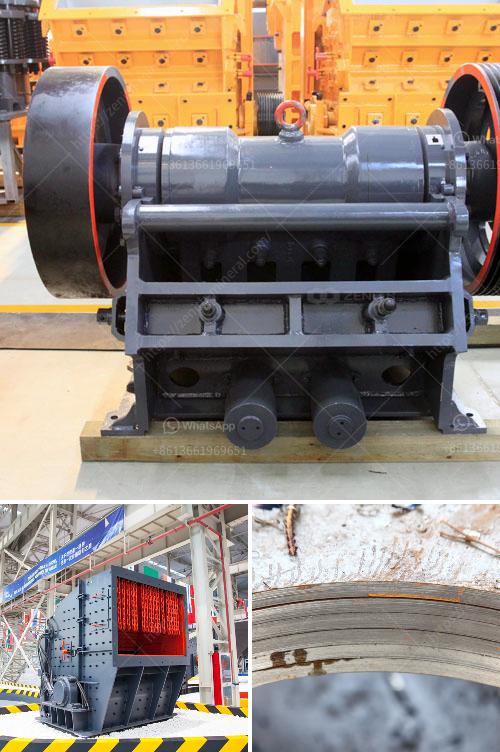Construction activities generate various types of waste that can contaminate the soil. Common construction waste that can cause soil pollution includes:
- Concrete and Cement: When not disposed of properly, these materials can alter soil pH and release harmful chemicals.
- Paints and Solvents: These often contain toxic compounds like lead, mercury, and volatile organic compounds (VOCs) that can leach into the soil.
- Timber and Treated Wood: Wood treated with chemicals to resist rot and pests can release those chemicals into the soil.
- Asbestos: Found in older buildings, asbestos can break down into particulates that contaminate the soil and pose health risks.
- Metals: Scrap metal and metal filings can leach heavy metals like cadmium, nickel, and zinc into the soil.
- Plastics: Non-biodegradable plastics can degrade over time, releasing microplastics and various chemicals.
- Insulation Materials: Some insulation materials, such as those made from polystyrene and fiberglass, can release harmful substances.
- Drywall and Plaster: These materials can create dust and debris that alter soil composition.
- Oils and Greases: Often used in construction machinery, spills can lead to significant soil contamination.
- Hazardous Waste: This includes batteries, fluorescent lights, and other materials that contain harmful chemicals.
Proper waste management practices, including recycling, safe disposal, and using eco-friendly materials, are essential to minimize soil pollution from construction activities.

